lymphocytic colitis in cats
Inflammatory changes in the colon are usually lymphocytic-plasmacytic but other forms include eosinophilic neutrophilic and granulomatous enteritis. Most cats that fail to respond to a diet or antibiotic trials are usually administered glucocorticoids and many will respond.
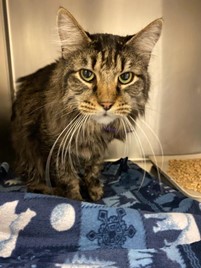
Inflammatory Bowel Disease Ibd One Health Institute
Symptoms of mediastinal lymphoma in cats.
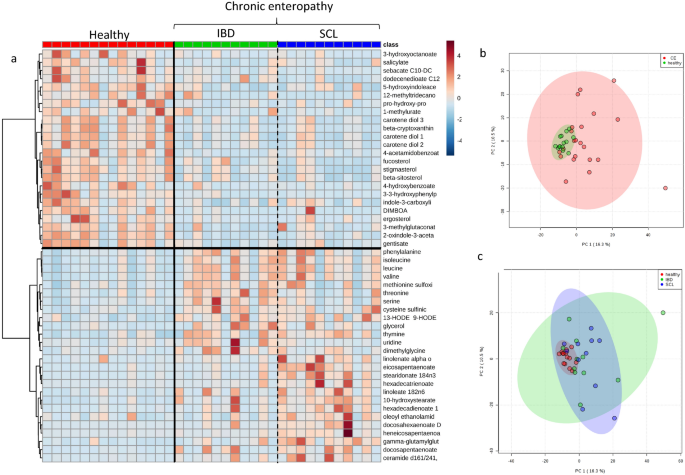
. They may strain to defecate go more often than normal or miss the litter pan. Lymphocytic plasmacytic enteritis is seen in both dogs and cats and is seen in all ages. In one study cats were initially treated with dietary fiber or with dietary fiber and pharmacologic intervention prednisone tylosin or.
However lymphocytic cholangitis does not progress to biliary cirrhosis. The calling card of colitis in cats is a loose or mostly wet stool containing mucus and sometimes blood. Although some patients with LPE may have no clinical signs some may have life threatening manifestations.
Lymphocytic plasmacytic infiltration in the colonic lamina propria was found on colon biopsies. Environmental dietary and immune-system factors likely also play a role in disease development. 6 rows Lymphocytic-plasmacytic colitis is the most common form of colitis in both the dog and cat.
Watery or bloody diarrhoea. Rare in cats usually part of generalized IBD. What to Watch For.
Lymphocytic colitis is a condition that affects your large intestine. Colitis is an inflammation of the colon large intestine which is the last part of the digestive tract in cats. Colitis can be acute beginning suddenly and ending relatively quickly.
It is rarely associated with pancreatitis compared to Cholangitis Neutrophilic. Generally oral prednisolone. Depends on causes dietary modification sulfasalazine antibiotics - corticosteroids.
Signs vary greatly in type severity and frequency. Lymphocytic-Plasmacytic Gastroenteritis in Cats. Cats with colitis often have fresh red blood andor mucus in their stools.
Mucous or jelly in the stools. Treatment of Inflammatory Colitis. Purebred cats were affected significantly P 0001 more often than were nonpurebred cats.
Histiocytes are large white blood cells that reside in the normal connective tissue where they ingest infectious microorganisms and foreign particles. Stools often with blood and mucus. With acute colitis your cat might show no other signs of being sick except possibly diarrhea or straining to defecate.
Lymphocytes a type of white blood cell and plasma cells. Sometimes also called IBD Inflammatory Bowel Disease SBS Spastic Bowel Syndrome IBS Inflammatory Bowel Syndrome Lymphocytic-plasmacytic Inflammatory Bowel Disease. Affected cats often develop weight loss vomiting and diarrhea.
Lymphocytic-plasmacytic gastroenteritis is an inflammatory bowel disease in which lymphocytes and plasma cells antibodies enter the lining of the stomach and intestines. The term colitis in the dog and cat is very general. Be on the lookout for several of these common colitis symptoms in various combinations.
Cats with lymphocytic-plasmacytic colitis may respond to dietary management alone eg lamb and rice horsemeat or a commercially available diet. Some cats have a decrease in appetite some have an increased appetite while others have no change in appetite. Many cats may have an occasional acute bout of colitis but if the condition becomes serious and chronic treatment may be required in the form of dietary modification antibiotics anti.
Young to middle-aged cats 50 are under 4 years old. Histiocytic ulcerative colitis is an uncommon disease characterized by ulcers in the lining of the. Food intolerance infection abrasives idiopathic.
Signs of colitis include blood andor mucus in the stool diarrhea and frequent defecation of small amounts of feces. Colitis in the Dog and Cat. Lymphocytic-plasmacytic colitis was diagnosed in 6 cats.
An immune-mediated aetiology has been postulated but this has not been substantiated to date. Symptoms of gastrointestinal of lymphoma in cats. Or chronic lasting for weeks and recurring periodically.
In some cases your cat may seem constipated and strain with no results. Six cats were male and 8 were female. However lymphocytic cholangitis does not progress to biliary cirrhosis.
Mean age at onset of clinical signs was 51 years range 05 to 9. Colitis is an inflammation of the colon also known as the large intestine. The signs and symptoms can vary in intensity and frequency but generally cats exhibit signs of disease intermittently at first with the frequency of episodes increasing over time.
Histiocytic Ulcerative Colitis in Cats. It often refers to any one of a variety of afflictions of. Increased frequency of defecation with tenesmus.
It is most common in middle aged and older animal. Lymphocyticplasmacytic colitis was diagnosed in 14 cats during a 5-year period. Other physical symptoms of.
Hypoxia inadequate oxygen supply Symptoms of extranodal lymphoma in cats. Persians are often predisposed. Causes of cat colitis include allergies infection injuries ingestion of toxic substances and cancer.
They are an essential component of the immune system. Cat colitis is an intestinal condition that causes inflammation and a range of symptoms. It is thought to be caused by an abnormal immune response to environmental stimuli due to loss of normal immune regulation.
Inappetence loss of appetite Diarrhea. Therefore clinical signs of lymphoma are often similar to other intestinal diseases. Feline lymphoma most commonly affects the intestines.
Owners sought veterinary care because of semiformed -to-liquid feces tenesmus fresh blood andor mucus in the feces or increased frequency of defecation in their cats. While most cats with lymphocytic plasmacytic gastroenteritis are middle-aged this disease has been diagnosed in cats as young as 5 months. Click down to read about constipation and megacolon.
There are a number of causes of colitis in cats which include infection food allergy or intolerance parasites pancreatitis cancer dietary indiscretion and stress. The symptoms of colitis in cats. Lymphocytic-plasmacytic enterocolitis is the most common form of IBD.

Feline Inflammatory Bowel Disease Treating Ibd In Cats
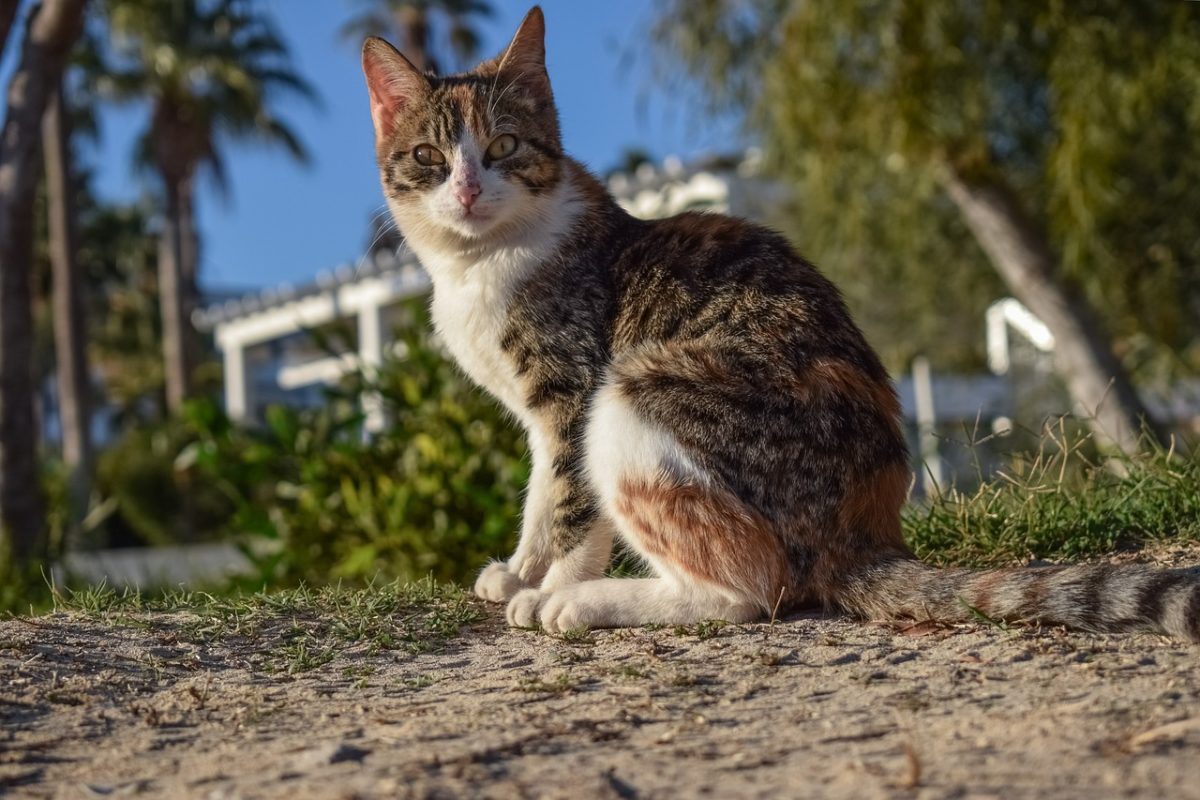
What Is Inflammatory Bowel Disease In Cats Canna Pet
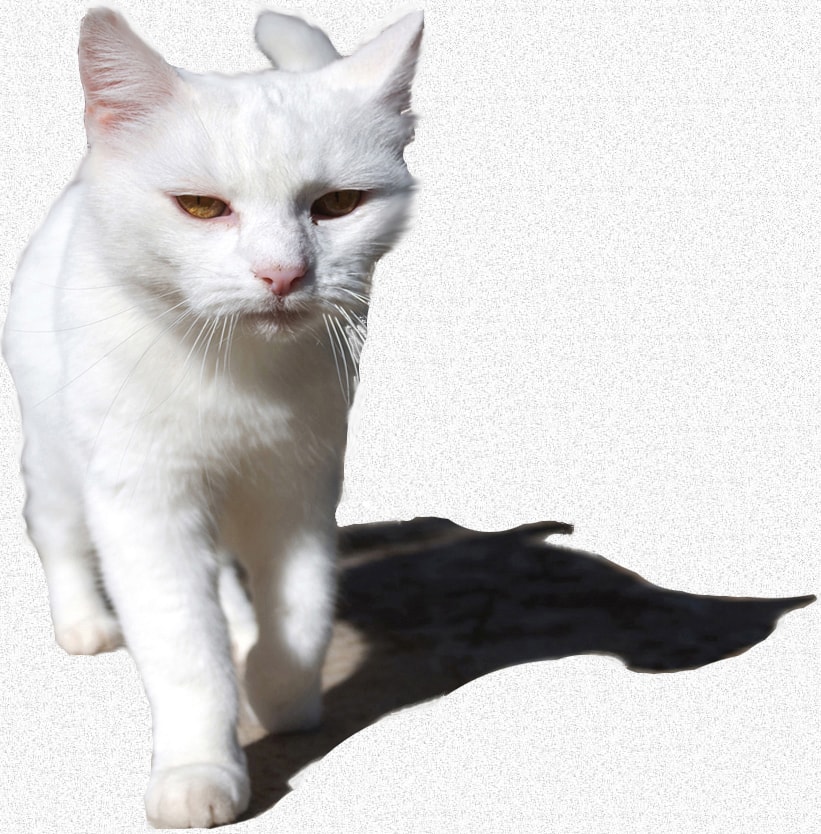
Inflammatory Bowel Disease In Your Cat Ron Hines Vetspace 2nd Chance The Animal Health Website
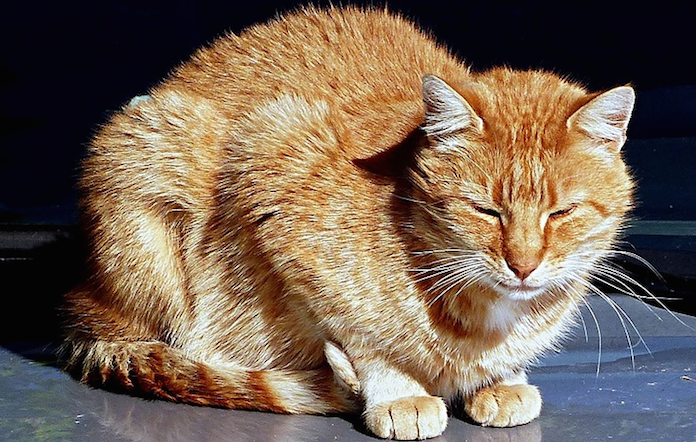
Inflammatory Bowel Disease In Cats Little Big Cat

The Role Of The Microbiota In Feline Inflammatory Bowel Disease Abstract Europe Pmc

Inflammatory Bowel Disease In Cats Natural Treatment

Inflammatory Bowel Disease In Cats Natural Treatment

Inflammatory Bowel Disease In Dogs And Cats The Veterinary Nurse

Inflammatory Bowel Disease In Cats Natural Treatment

Untargeted Metabolomic Analysis In Cats With Naturally Occurring Inflammatory Bowel Disease And Alimentary Small Cell Lymphoma Scientific Reports
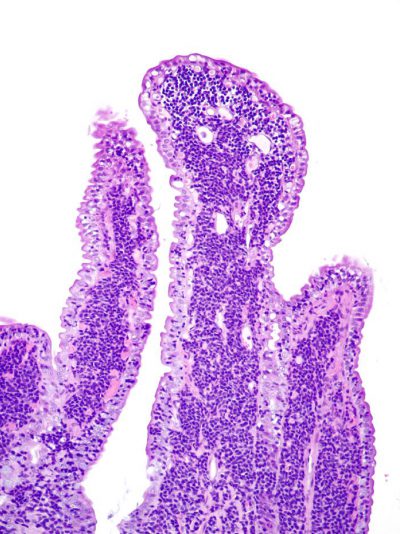
Differentiating Feline Intestinal Lymphoma From Inflammatory Bowel Disease Ibd College Of Veterinary Medicine At Msu
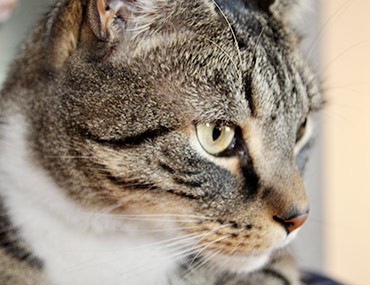
Feline Colitis An Infection In The Colon

Inflammatory Bowel Disease Ibd In Dogs And Cats
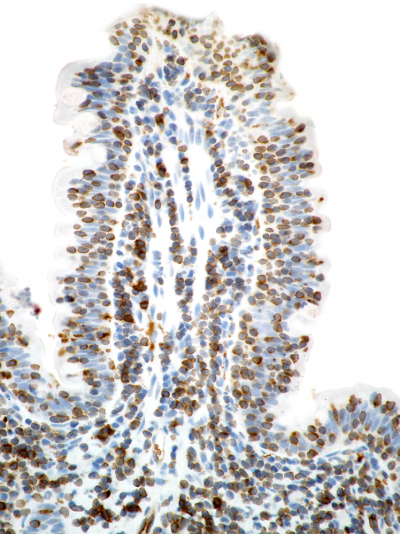
Differentiating Feline Intestinal Lymphoma From Inflammatory Bowel Disease Ibd College Of Veterinary Medicine At Msu
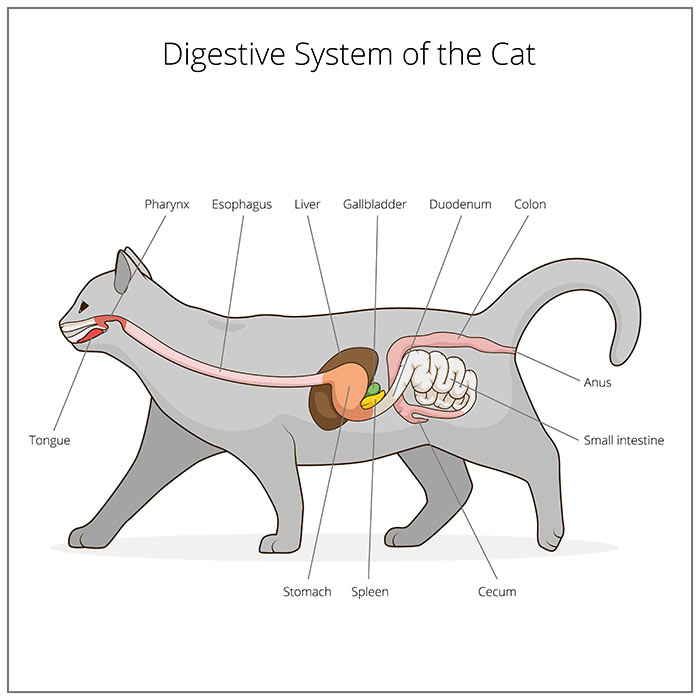
Colitis In Cats What It Is Symptoms Causes Treatment

Pdf Cat Scratch Colon An Endoscopic Finding Suggesting Collagenous Colitis
